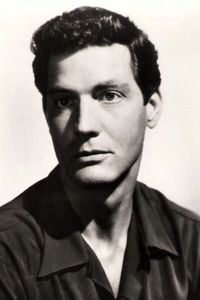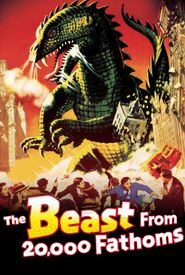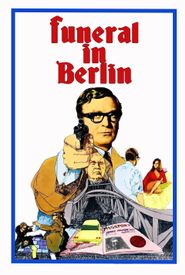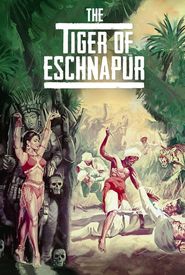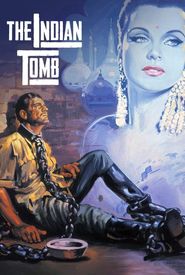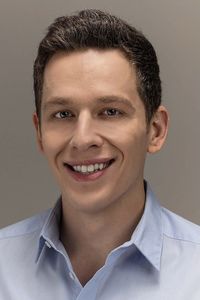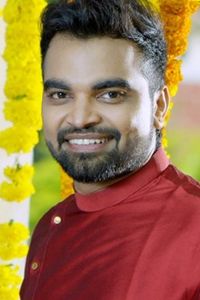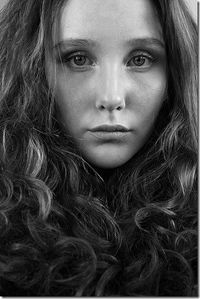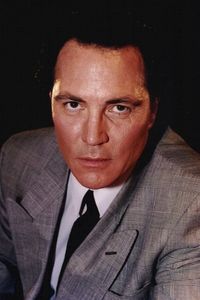Paul Hubschmid was born in Schoenenwerd, Switzerland, to an accountant father. He was raised and schooled in the same town, where he developed an early interest in acting.
He pursued his passion at the Max Reinhardt Seminar of Dramatic Art in Vienna, where he honed his craft and made his stage debut at the Vienna Volkstheater in 1937.
The following year, Hubschmid made his motion picture debut, starring as the titular hero in the patriotic Swiss production Füsilier Wipf, directed by the renowned Leopold Lindtberg.
This role launched Hubschmid's career, and he soon moved to Germany, where he became a romantic lead opposite established stars like Luise Ullrich and Hilde Krahl.
During the Nazi period, Hubschmid appeared in several German films, mostly light entertainments without significant political content. However, this did not affect his subsequent career in Hollywood, where he began working under a seven-year contract in 1948.
Hubschmid adopted the stage name "Paul Christian" and appeared in a handful of films, including the cult sci-fi classic The Beast from 20,000 Fathoms, which started the cycle of giant monster films in the 1950s.
The film, which cost $200,000 to make and grossed over $5 million, featured the work of renowned special effects expert Ray Harryhausen and starred Hubschmid as scientist Tom Nesbitt.
After dissolving his contract after four years, Hubschmid returned to Germany, where he appeared in a Franco-German co-production, Ungarische Rhapsodie, and a trilogy of adventure films set in India, including The Tiger of Eschnapur, The Indian Tomb, and Journey to the Lost City.
In the 1960s, Hubschmid continued to carry off his romantic leading man image, while also moving into character acting. He played Professor Higgins in the stage production of "My Fair Lady" over 2,000 times and appeared as bon vivants, reprobates, or villains on screen.
One of his most memorable roles was as double agent Johnny Vulkan in Funeral in Berlin, the second installment of Len Deighton's Harry Palmer trilogy. Hubschmid was awarded the German Filmband in Gold in 1980 and scaled down his workload in the 1980s, confining himself to guest appearances in made-for-television movies and series.
He retired from acting in 1992 and passed away nine years later in Berlin at the age of 84 due to a pulmonary embolism.
